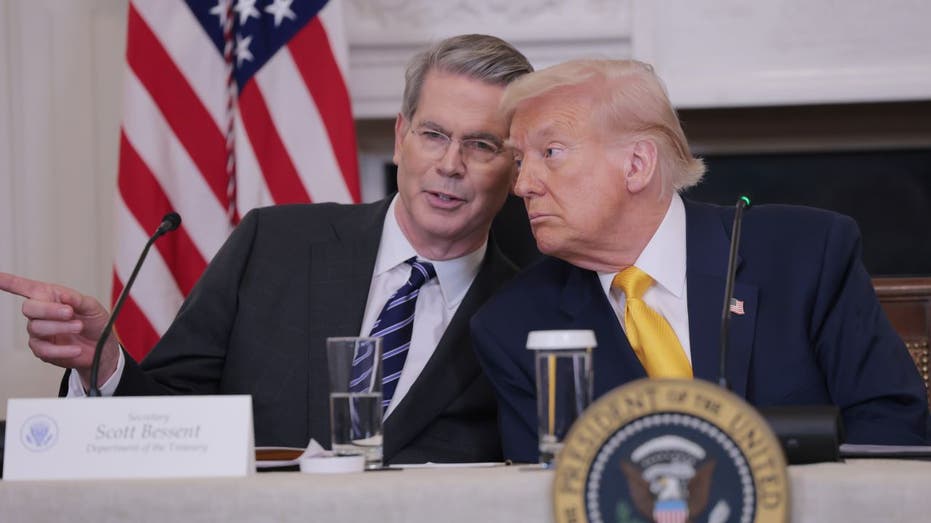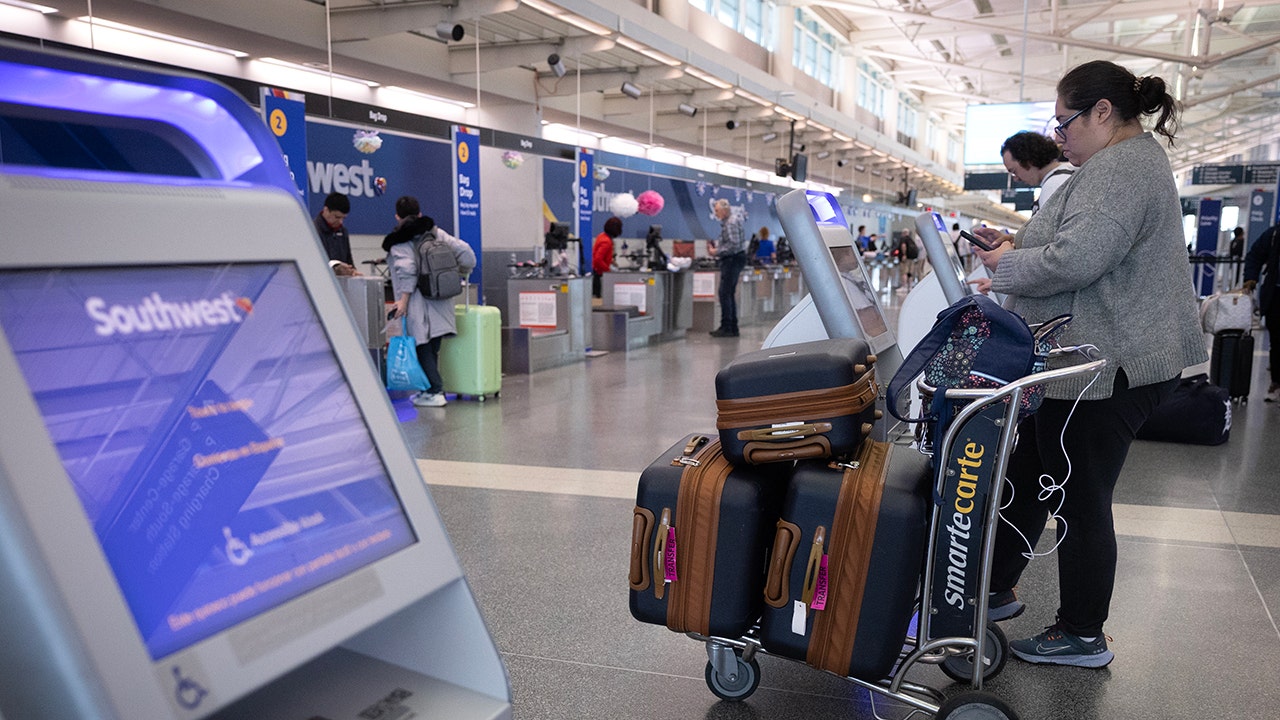Republicans in Congress are nearing the final passage of President Donald Trump’s One Big Beautiful Bill Act of tax cuts and spending policies, which would bring certainty to tax policies for workers as well as additional tax relief.
The One Big Beautiful Bill Act cuts taxes by nearly $4.4 trillion over the next decade, according to analysis by the Congressional Budget Office and the Committee for a Responsible Federal Budget.
Much of that total comes from the extension of tax policies that were set to expire at the end of this year by the Tax Cuts and Jobs Act (TCJA), a key tax reform package Trump signed into law during his first term.
It would make the TCJA’s lower tax rates permanent, which would reduce federal tax revenues by about $2.2 trillion – while the expanded standard deduction that the majority of taxpayers utilize would also be made permanent at a cost of $1.4 trillion in foregone tax revenue relative to what would be received if those policies were allowed to expire.
REPUBLICANS DEFY FISCAL CRITICS TO PUSH THROUGH TRUMP’S SIGNATURE ‘BEAUTIFUL’ TAX CUTS
Congress often includes sunset clauses that set certain tax provisions to expire to reduce their longer-term deficit impact when legislation is scored to comply with budget reconciliation rules.
The One Big Beautiful Bill Act also includes provisions related to President Trump’s campaign pledges for “no tax” on tips and overtime – though it stops short of eliminating all such taxes and the provisions are temporary, rather than permanent, under the bill.
The One Big Beautiful Bill Act creates a deduction of up to $25,000 for qualified tips received by tipped workers like restaurant servers, barbers and drivers. It also provides an above-the-line income deduction for overtime premium payments of up to $12,500 for hourly workers who work overtime.
Those provisions would both be in effect through 2028, with CRFB estimating the tipped income deduction would lower tax revenues by $32 billion and the overtime provision reducing revenues by $90 billion over the next decade.
WHITE HOUSE PUSHES BACK ON ‘REMARKABLY LOW’ GDP FORECASTS FOR TRUMP-GOP TAX BILL

A distributional analysis by the Joint Committee on Taxation (JCT) found that the Senate’s version of the bill would cut federal taxes for low- and middle-income workers.
JCT’s analysis found that workers earning less than $15,000 would see their federal tax burden decline by 16.4% in the 2027 tax year under the One Big Beautiful Bill Act, reducing revenues by about $700 million given the already-low tax burden on such workers.
Workers whose incomes fall in the $15,000 to $30,000 range would see a 27.1% decrease in their federal tax burden, while those in the $30,000 to $40,000 range would see a 9.5% cut.
EXPERTS WARN SENATE TAX BILL ACCELERATES MEDICARE AND SOCIAL SECURITY INSOLVENCY DATES
JCT’s analysis shows other middle-income taxpayers would also see their federal tax burdens decline under the bill:
- $40,000 to $50,000 income range would see a 7.2% decrease in 2027;
- $50,000 to $60,000 tier would see a 5.6% reduction;
- $60,000 to $80,000 range would see a 4.6% cut; and
- $80,000 to $100,000 earners would see a 4.4% decline.
Higher-income taxpayers would also get relief, though the trend of higher income tiers receiving relatively smaller reductions in their tax burden would generally continue, per JCT:
- $100,000 to $150,000 would have a 4.2% reduction;
- $150,000 to $200,000 would receive a 4.1% reduction;
- $200,000 to $500,000 would see a 3.5% reduction;
- $500,000 to $1 million would see a 2.7% reduction; and
- $1 million and above would see a 3.3% reduction in 2027.

Across income levels, the One Big Beautiful Bill Act would reduce federal taxes across income levels in 2027 by about $180 billion, or 3.8%.
In later years, as some of the temporary provisions like those related to tips and overtime expire, that reduction gets smaller under the JCT analysis – declining to a 1.9% reduction in 2029, then to 0.5% in 2031 and 2033.












